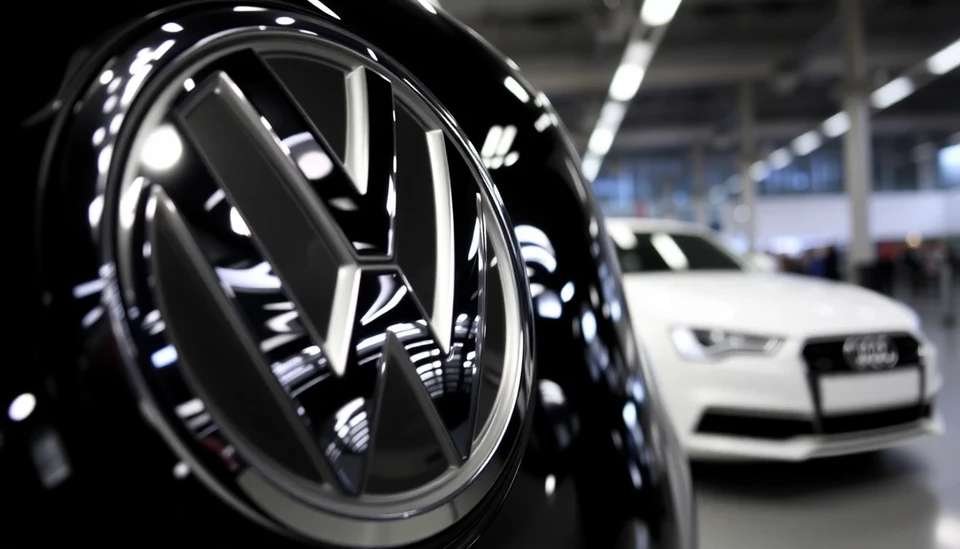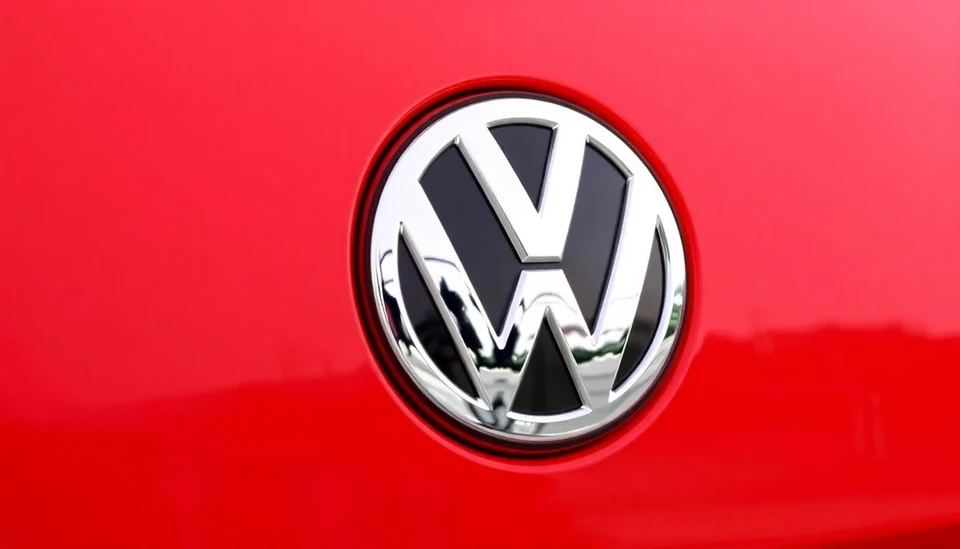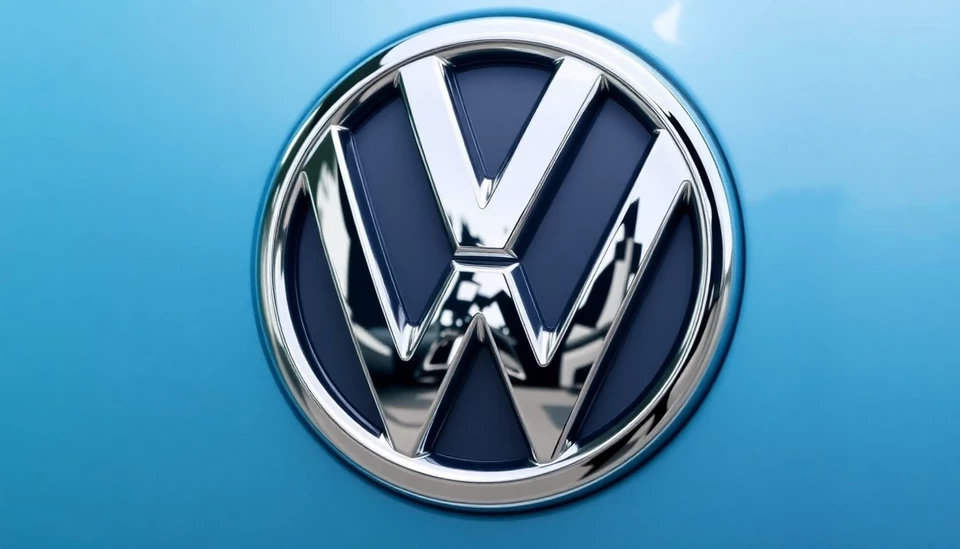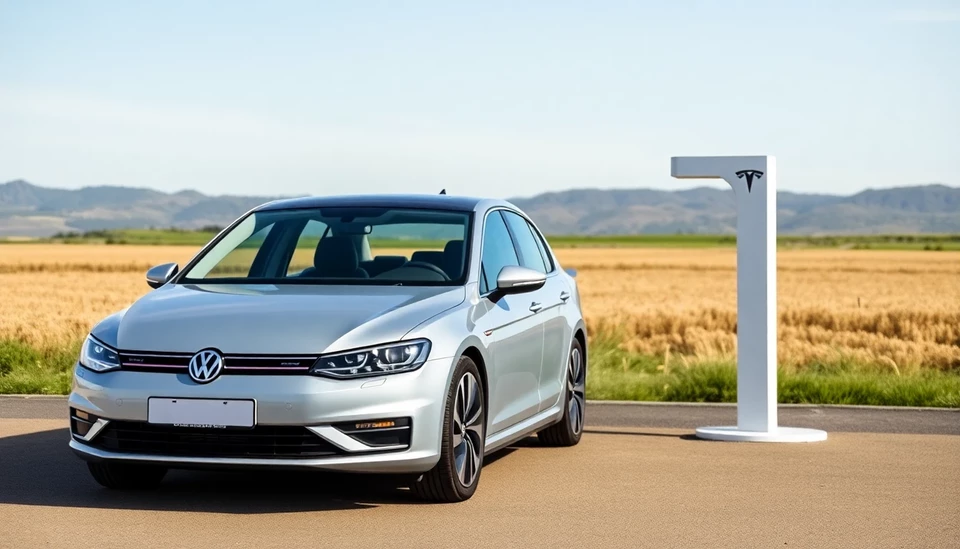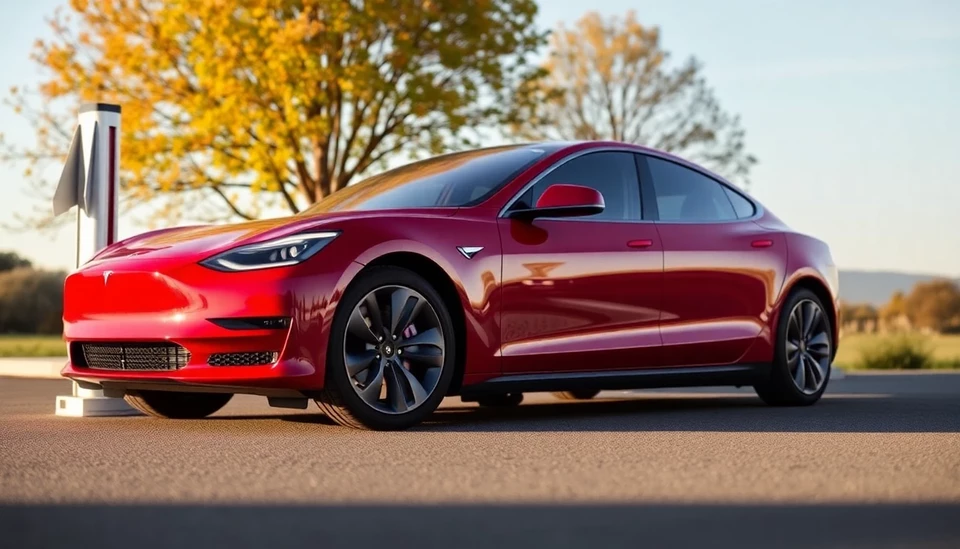
In a strategic move aimed at addressing heightened concerns surrounding potential tariff increases, Volkswagen has announced a temporary freeze on the prices of its vehicles sold in the United States. The pricing halt will be in effect through May, providing consumers with an element of stability amidst ongoing trade negotiations and economic uncertainties.
This decision comes against a backdrop of fluctuating tariffs on imported goods and the automobile industry’s significant exposure to international trade policies. The German automaker's proactive stance is intended to reassure buyers wary of potential price hikes resulting from shifts in tariff legislation. According to company representatives, the freeze encompasses a wide range of models within the Volkswagen brand, enabling customers to make informed purchasing decisions without fear of sudden price surges.
Volkswagen's pricing strategy is not unique in the current marketplace, as several other automakers are also adjusting their approaches in light of shifting geopolitical dynamics and consumer sentiment. Experts suggest that the freeze may be a response to the broader economic climate, where inflationary pressures and supply chain disruptions have already led to rising costs in the automotive sector.
The brand's decision is part of a larger effort to enhance consumer confidence and maintain market share in one of its key regions. By freezing prices, Volkswagen aims to demonstrate its commitment to affordability while simultaneously navigating the complexities of the global trade environment.
As the automotive industry continues to grapple with various challenges, including electric vehicle transitions and evolving consumer preferences, measures such as this pricing freeze could be pivotal in retaining loyal customers and attracting new buyers. Volkswagen's management has expressed optimism that this initiative will not only bolster sales but also reinforce the brand's reputation for reliability and customer-centric policies.
As we move further into 2025 and beyond, the real implications of this pricing freeze will become more apparent. Stakeholders are keenly observing how auto manufacturers will adapt to an ever-changing landscape marked by economic fluctuations, regulatory changes, and shifting consumer behaviors.
In summary, Volkswagen’s freeze on US vehicle prices through May represents a company's cautious yet strategic maneuver to alleviate fears of potential tariff-induced price increases. This approach underscores the importance of consumer confidence in the automotive industry as manufacturers navigate through uncertain waters.
As the situation evolves, it will be interesting to see how other companies respond and what impact these strategies will have on consumer behavior and overall market dynamics.
#Volkswagen #Tariffs #AutomotiveIndustry #ConsumerConfidence #USMarket #CarPrices #PriceFreeze #Economy
Author: Victoria Adams
